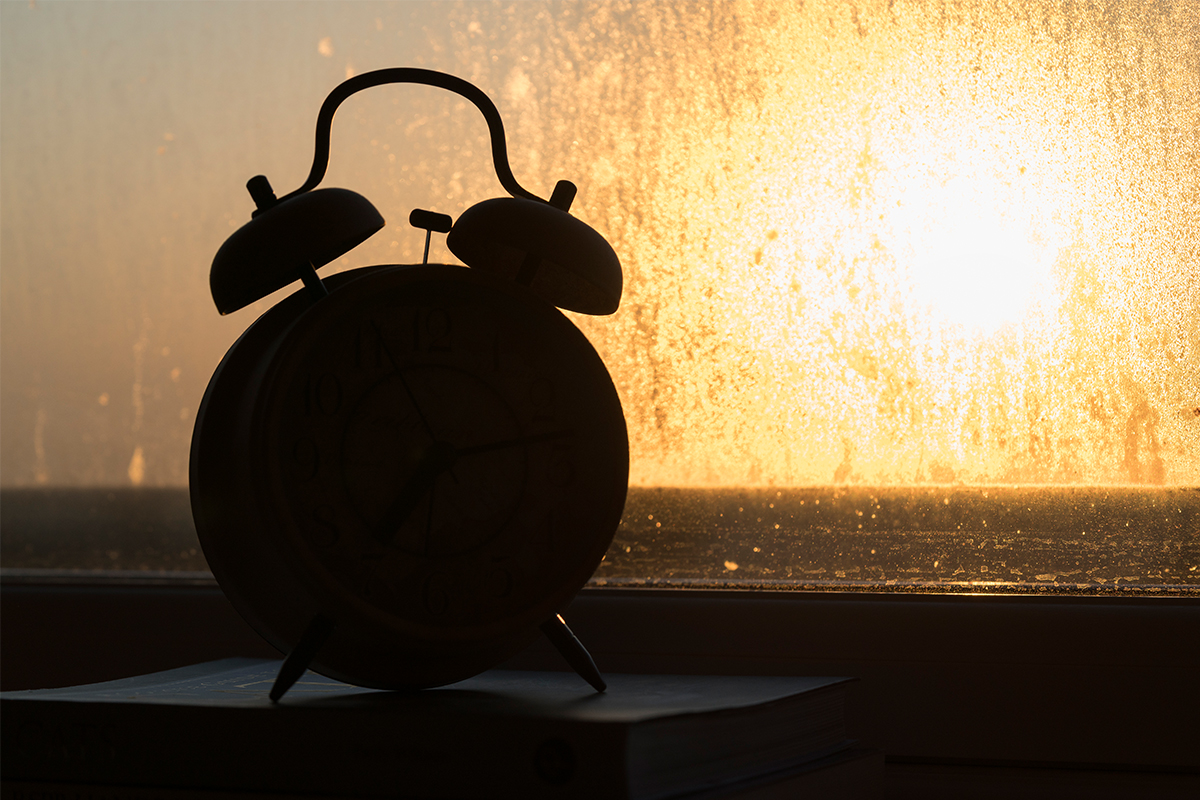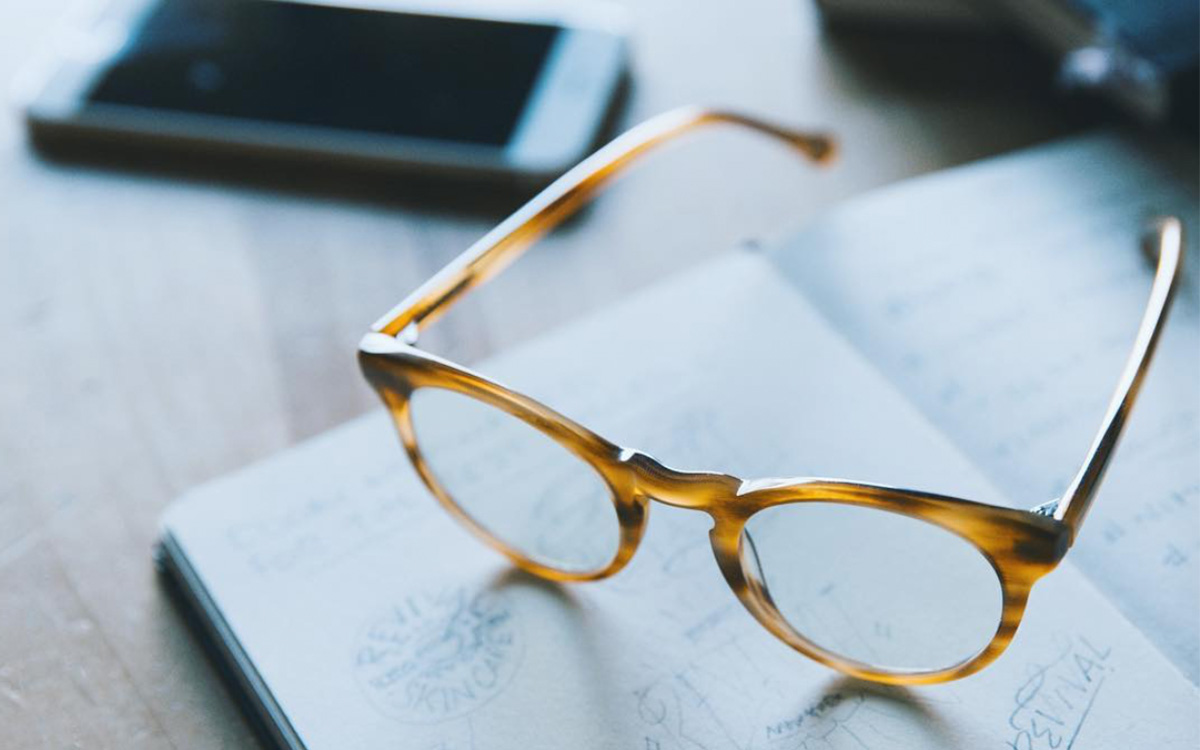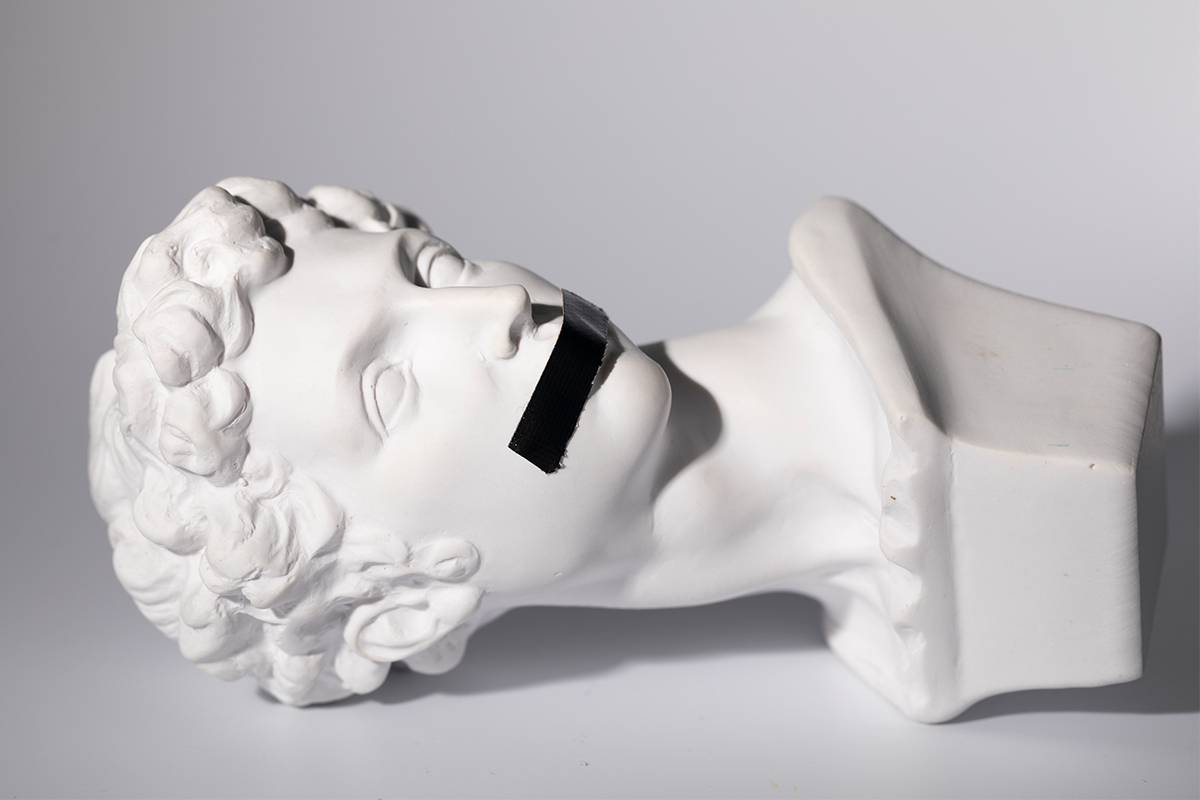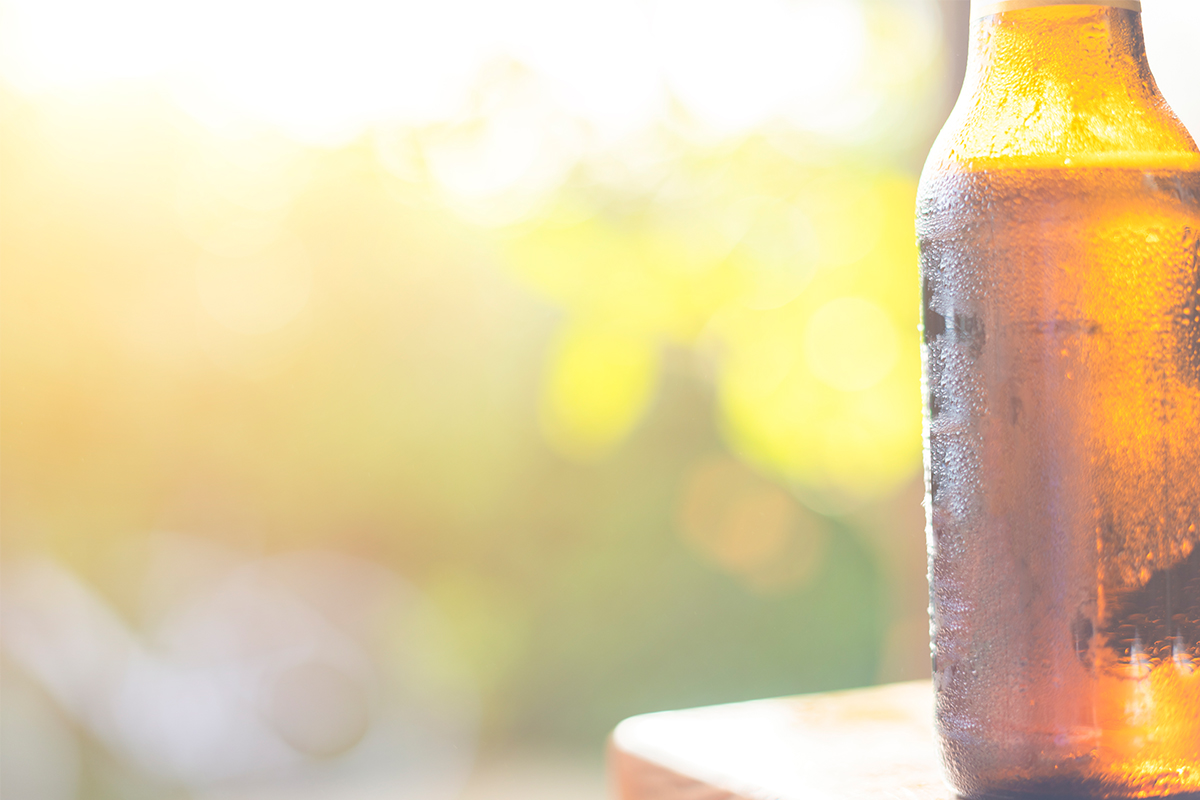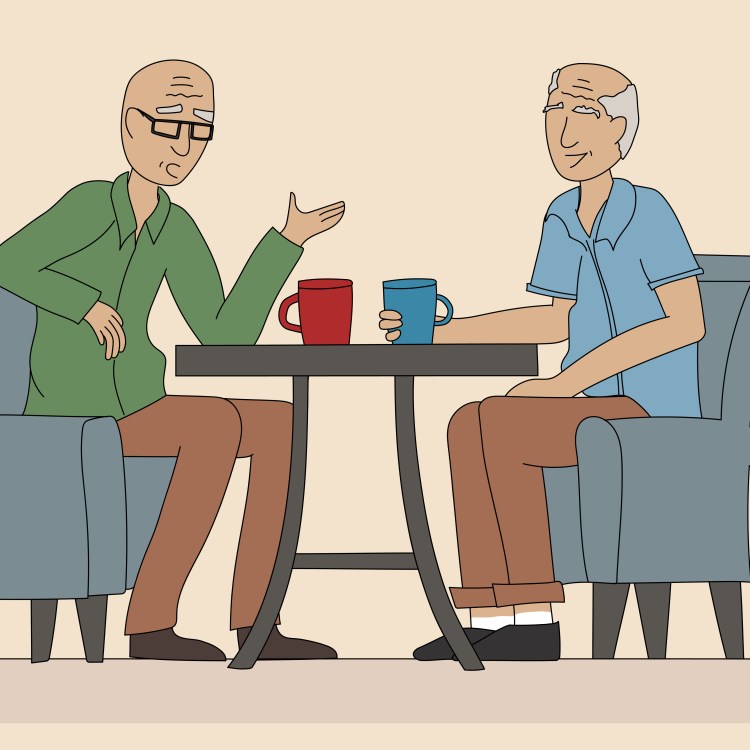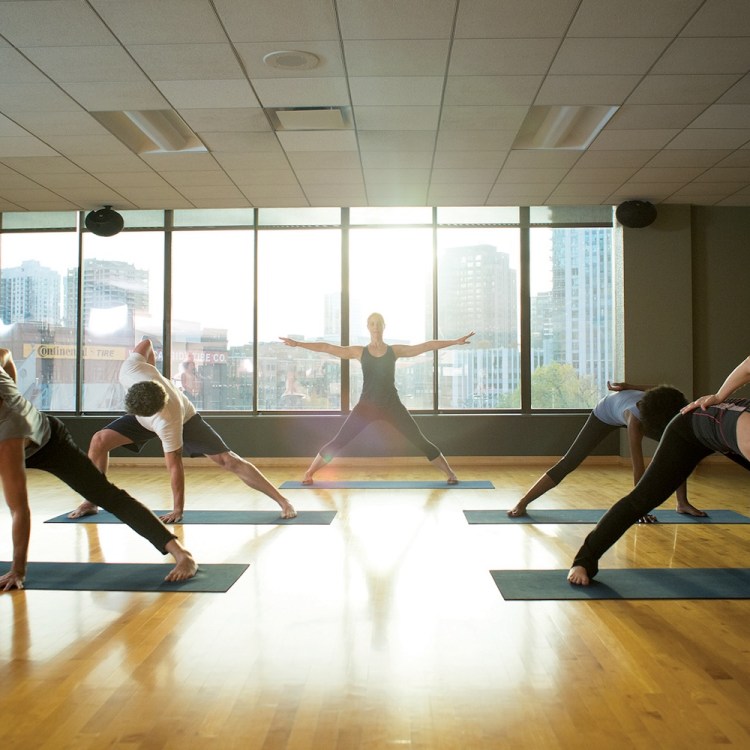Five years ago, photographer Eric Pickersgill released a series of black-and-white images that depict Americans doing ordinary things: sitting around the dinner table, grilling in the driveway, suntanning on a boat. For each photo, though, there’s a catch — Pickersgill’s removed their phones. Every single person in the stills is staring down at an empty hand.
The project is a chilling commentary on the most widespread addiction of our age. And in my opinion, it’s felt most acutely in this photo, where a husband and wife lie in bed, their backs to each other, squinting into their devices before they officially say good night. It hurts to look at because it’s so familiar. Most of us regularly begin and our days with our phones inches from our eyes.
Artists aren’t the only ones disturbed by this reality. LinkedIn personalities, from self-ascribed “productivity gurus” to the likes of Arianna Huffington, are also worried about phones in the bedroom. Only, their concerns are less existential, and more goal-oriented. According to these industry leaders, a smartphone-free sleeping environment is a “surefire hack for getting that next promotion.” (In the same vein as drink more water and do your most dreaded task first.)
Earlier this year, I decided I was going to banish my phone from my bedroom. Why? At the end of each week, my phone sends me a screentime report. It isn’t great. I spend an unholy four hours on my phone a day. And big chunks of that, I know, are taking place when I should be asleep. I don’t need a specific endgame to know that I probably don’t need to watch the night’s NBA highlights or starting “11-minute reads” after I crawl into bed.
I’ve done it for years, as has nearly 70% of the American public. I know that kicking the habit feels hopeless. Maybe it feels pointless. But following seven days of phone-free sleep, I’m happy to say that there’s another way. It’s attainable, and it’s well worth the effort. Below, some thoughts on how exactly I did it, plus the unexpected benefits I discovered along the way.
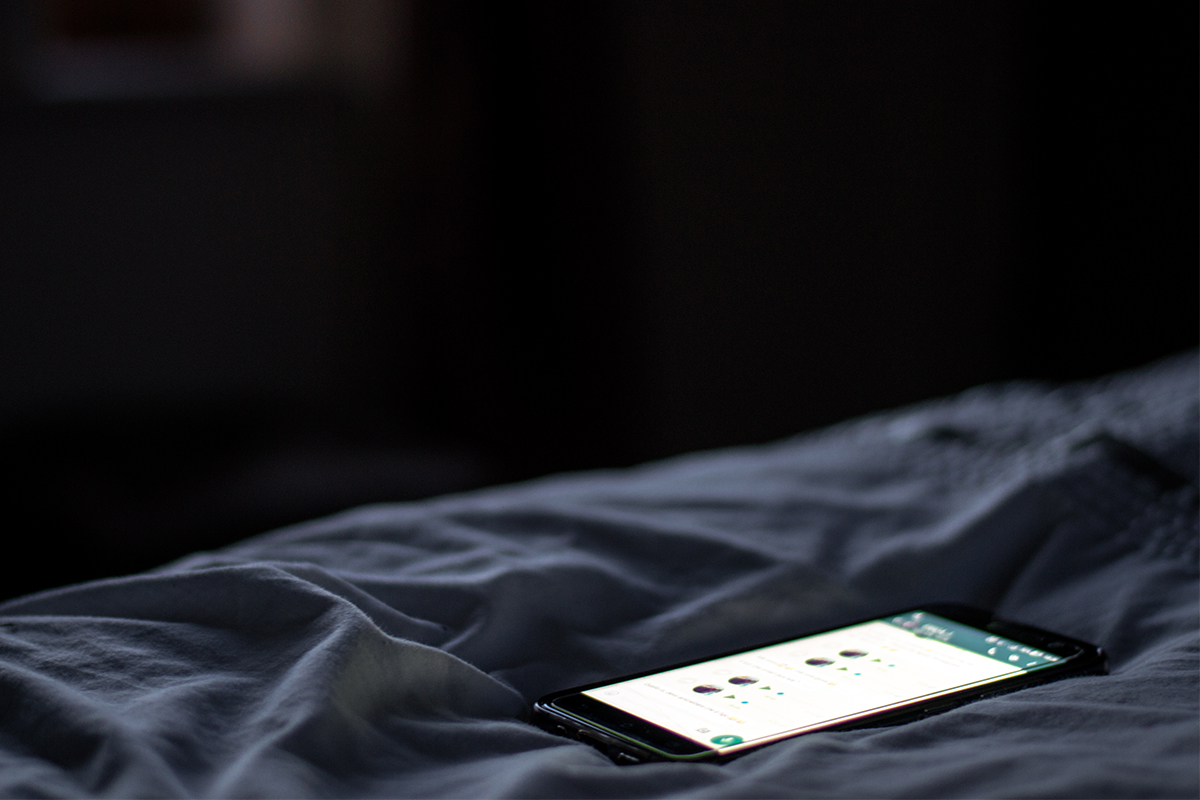
Snooze no more
The primary reason people want their phones on their nightstands (or, the primary stated reason), is that they use it as an alarm. That was certainly me. I used to set at least three alarms every morning. And I loved that I always had the option to set more. The dexterity/presence of mind required to pick up a beeping object, set an alarm for 13 minutes later in the morning, and fall back asleep moments later is my athletic peak. I’ll never understand it, but I’ve been doing it for years.
Unsurprisingly, it isn’t a good idea, and not just for social reasons. It’s more that the extra sleep it’s getting you is just flat-out bad sleep. The restorative sleep state you were in before the alarm (REM sleep, when the brain consolidates memories and the body nurses soreness) effectively ends after an alarm wakes you up.
As experts in sleep disorders have long pointed out, the period of “snooze sleep” is pretty useless. It’s just delaying the inevitable. And it’s usually a sign that you didn’t get to bed early enough to get the seven-to-eight hours and up to five cycles of REM sleep you need in order to wake up fresh and equipped for the day ahead.
When I bought myself an alarm clock in preparation for this change (a handsome number from the MoMA Design Store) I wasn’t only answering an obvious logistical question — “How the hell am I going to wake up now?” — I was also immediately granting myself better sleep. I purposely bought a clock that didn’t have a handy snooze button. If I wanted to sleep longer, I would have to twist dials and squint through the darkness at an analog face. Even I’m not that good.
Mind your melatonin
So, I resolved to set my alarm as late as possible. In other words: the last responsible time I should be getting up. That way, there wouldn’t be any debate once the alarm went off. I really struggled with this the first couple mornings. Following years of “easing” myself into the concept of a new day, I was now waking up kind of pissed off. Plus, I didn’t even have my phone to mess around with. The morning is the ultimate dopamine hit of news alerts and notifications — little red numbers poking out of the top of apps, begging to be clicked.
But by the third or fourth day, I’d already gotten used to my extra moments of quiet. I wasn’t meditating —not on purpose, anyway — but I’d lie there, collect my thoughts, and just sort of stare at the ceiling, letting the day start in slow-motion for a change. I started a habit of deep nasal breathing. Eventually, I’d roll out of bed and get things going. Some mornings, I’d have a ride on the Peloton, take a cold shower, then make some oatmeal. On others, I’d go to the bathroom and get right to work. I wasn’t always following the same schedule, I was just using a phone-less morning, whatever kind of morning was on tap, to my advantage.
And the success of those mornings started with the phone-less nights that preceded them. It’s stunning, for how much money and time society’s many insomniacs spend on melatonin, in capsule, tea and patch form, that so many of us willingly sabotage its efforts by resting a phone on our skulls just before sleep.
Melatonin is an essential sleep regulator. It’s the circadian rhythm hormone, secreted regularly to help us perfect our sleep-wake timing. But the blue light in phones directly blocks melatonin production. It screams “Good morning!” to the brain, over and over again. Once you plug your phone in and roll over, determined to get some shut-eye, you have to work extra hard to actually fall asleep. Which, as we all know, is the least effective way to fall asleep.
Remember reading?
I used to read every night before bed as a kid. It was automatic. I struggled to retain that ritual as I got older — for a number of reasons — but my phone wasn’t helping. Even on nights where I’d commit to reading, the phone, sitting there in my periphery, usually begged for intrusion. Not this time. I managed to read every night.
I can’t say I read a lot, but that’s almost a good thing. My eyes got droopy after six or seven pages, every single night, and riding the wave, I’d turn my light out and let my head hit the pillow. It’s one hell of a system. I didn’t have time to think about past mishaps, or future stressors. And even if I did, studies have indicated that reading about the lives of other people (including those who don’t exist) has a tendency to pull us away from our own concerns, relaxing the brain at a time it needs it most, while fostering empathy and imagination.
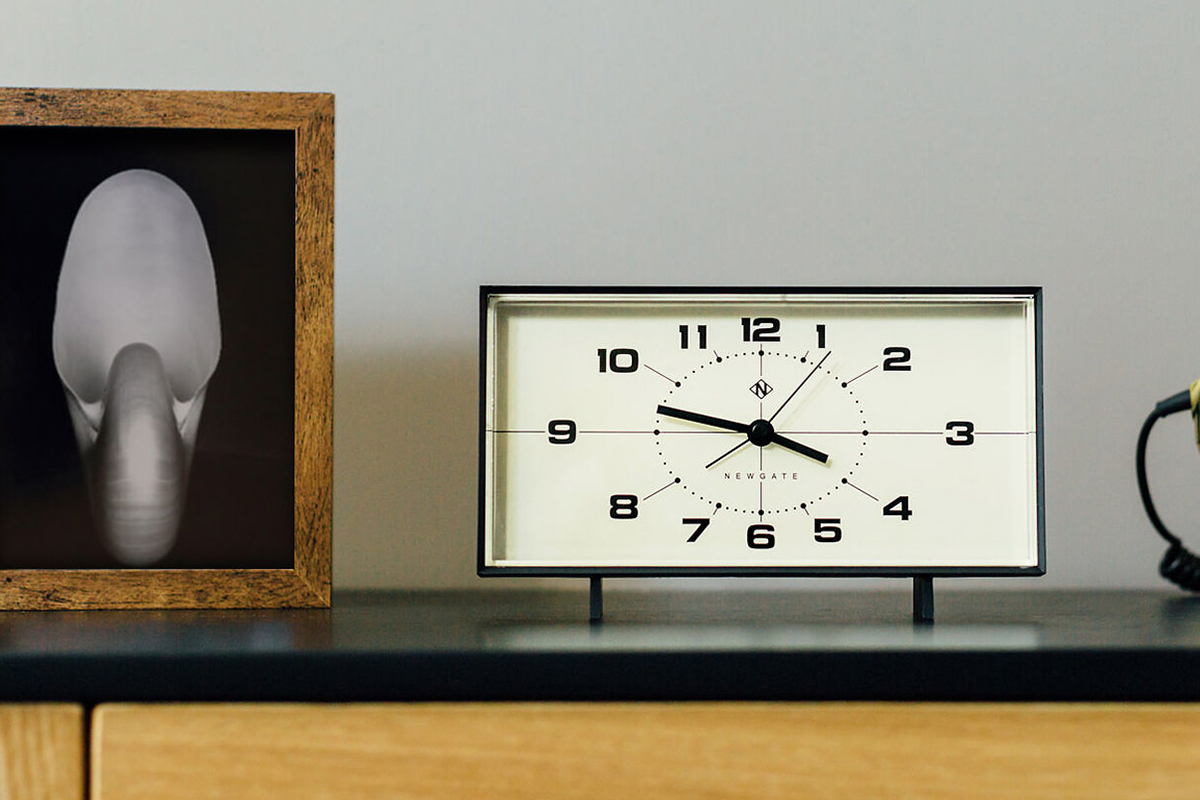
“Sleep hygiene”
Sleep hygiene doesn’t refer to cleanliness (though it could). The phrase is representative of a larger, behavioral movement to keep sleep — and everything around it — sacred. That means a regular sleep routine. (Going to bed and waking up at roughly the same times each day.) Avoiding naps. Kicking an afternoon caffeine habit. Keeping the bedroom dark, quiet and comfortable.
Not bringing a screen into one’s bed, as it happens, is another example of great sleep hygiene. When I started this week, though, I was also thinking about the literal definition of hygiene, and the fact that our phones are absolutely filthy. Phones have 25,127 bacteria per square inch. In case that number means nothing to you — it means your cell phone is 10 times dirtier than a toilet seat.
And we bring these things into our clean sheets, centimeters from our faces and inches from our pillows. I never hold my phone as close to my face as I do when I’m lying down. That isn’t only gross, it could be dangerous; while there isn’t any conclusive research out yet, scientists have pointed out that phones are “ideal vehicles for the COVID-19 virus.” Infectious droplets linger on plastics and stainless steel for hours at a time. That’s why UV sanitizers like PhoneSoap are all the rage right now. You definitely should look into sanitizing your phone, in general, but getting it out of the bed is a necessary start.
Bedroom bonding
I’m not currently sharing a bedroom with a significant other, so I took this journey solo. But those who try this together might notice some changes in communication and intimacy. Past research has shown that romantic encounters get cut in half when phones are in the bedroom. I guess when the entire known world is vying for your attention, it leaves your partner all alone. That’s assuming s/he isn’t deep in their own online world anyway.
Psychologists even have a name for it: phubbing. (Subbing your phone for another human being.) How much of the day is already spent staring at larger screens? Try to remember Pickersgill’s photo. We weren’t built to behave like this. What’s the worst thing that could happen if you both put the phone down? Sex? Followed by some great chat with someone you elected to spend your life with? Those end-of-day moments are precious. You deserve better than a doomscroll.
It takes time
Of course, there are certain people who can’t completely banish their phones from the bedroom. On-call folks in emergency services. Parents who have extenuating responsibilities with their children. But then there are many people who just feel like they can’t. I recommend starting small. Place your phone on a desk across your room. Set one alarm, and you’ll have to get up when it rings.
For anyone struggling to stick with this, just know that I had a bear of a time in those first few days. I “cheated” a bit, bingeing on phone use before officially heading to the bedroom. I cursed at my stupid-ass new alarm tone. At one point, exhausted, I conducted a tremendously ill-advised, alarm-less snooze. By some divine power, I woke up just a few minutes later.
At some point in the week, I’d finally settled on my personal endgame for this experiment: happiness. Too lofty? Maybe. But a study published in 2018 (called “Sleeping with the frenemy: How restricting ‘bedroom use’ of smartphones impacts happiness and wellbeing”) found that keeping smartphones out of bedrooms improves quality of life. That’s it. Am I happier? So far, yeah. Wellness doesn’t generally vibe with quick hacks. But it’s hard not to see immediate results when you decide to spend a little less time with a glowing death rectangle each evening.
Whatever you’re looking to get a little more of, be it workplace confidence, day-to-day energy, intimacy with your partner, or just straight up sleep, it can all start with the simplest of lifestyle switches. So go forth, banish thy phone and — after a couple very tough days — be merry.
Whether you’re looking to get into shape, or just get out of a funk, The Charge has got you covered. Sign up for our new wellness newsletter today.
